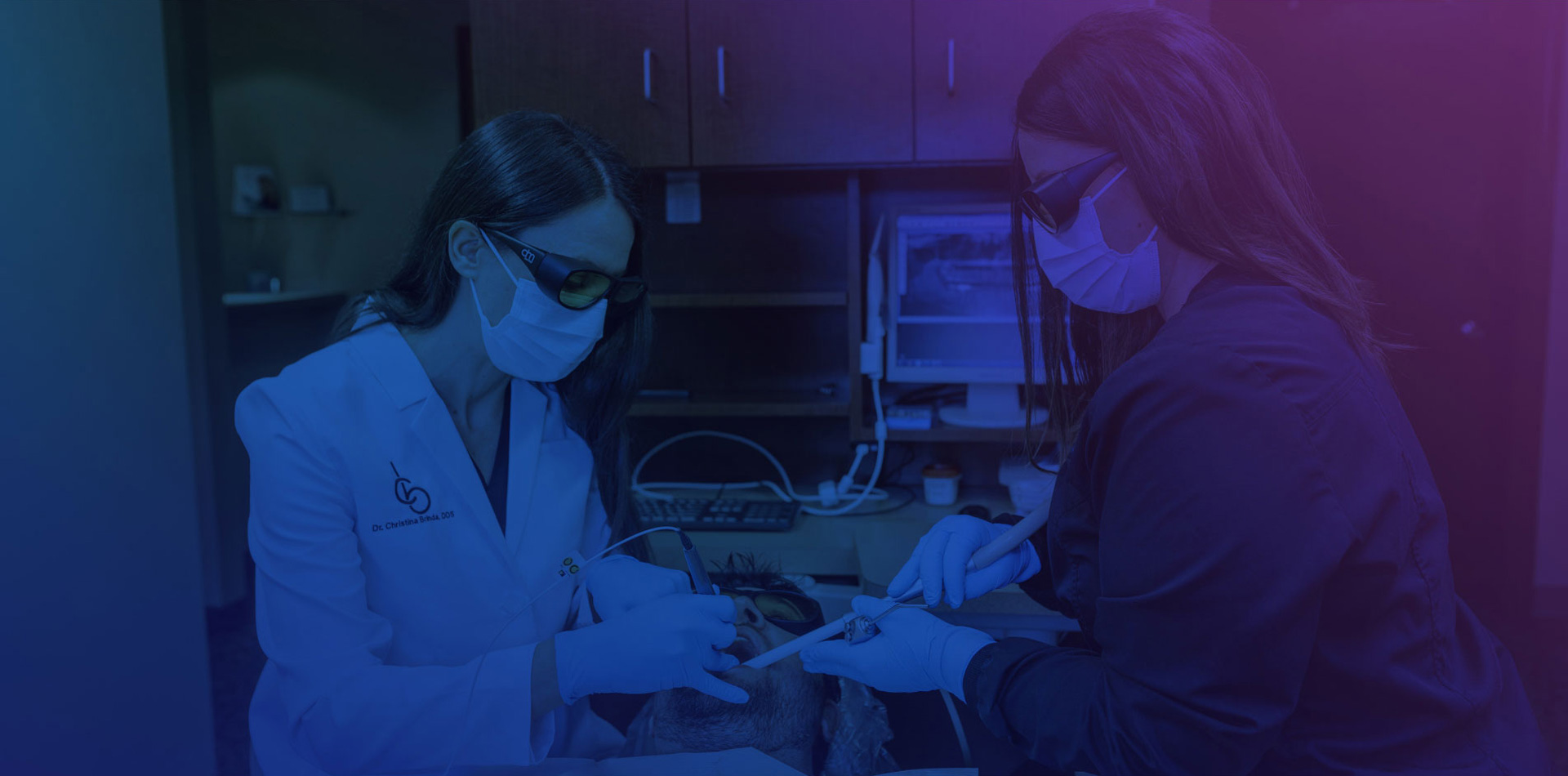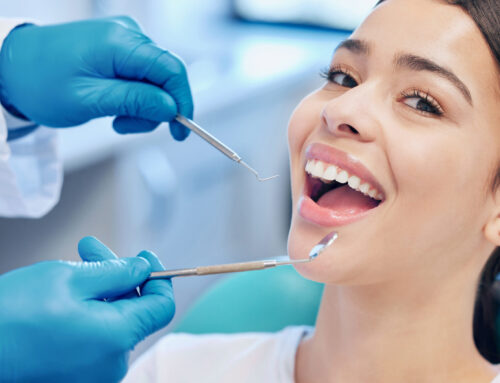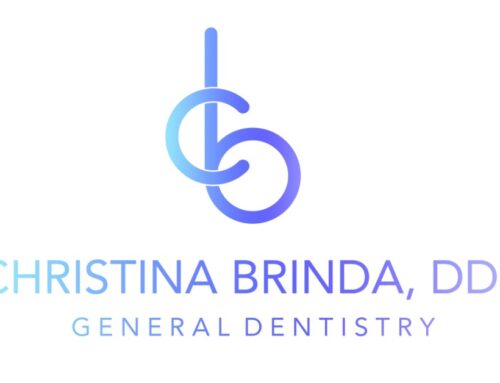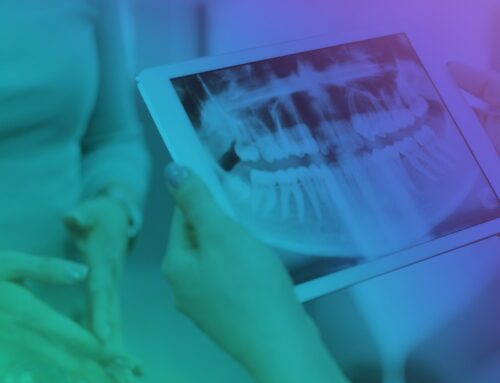Dental crowns, also known as caps, are commonly used in restorative dentistry to repair and safeguard weakened or damaged teeth. Many individuals contemplating dental crowns often wonder if these restorations are permanent fixes. Let’s explore this topic to gain a better understanding.
In essence, dental crowns are designed with durability in mind, but the term ‘permanent’ can be somewhat misleading in this context. While dental crowns themselves are not inherently permanent, they are expected to have a considerably extended lifespan when compared to many other dental restorations.
The dedicated team at Christina Brinda DDS, takes pride in assisting numerous patients on their journey toward achieving their desired aesthetic goals.
Varieties of Dental Crown Materials
Dental crowns can be crafted from a range of materials, each possessing its unique characteristics. Common options include porcelain, ceramic, metal alloys, and porcelain fused to metal (PFM). Porcelain and ceramic crowns are favored for their natural appearance, making them a preferred choice for visible teeth. On the other hand, metal crowns, often crafted from gold or other alloys, offer durability and resilience but may not be as aesthetically pleasing.
Factors Impacting Longevity
-
Oral Hygiene:
Maintaining proper oral hygiene is paramount for ensuring the extended lifespan of dental crowns. Consistent brushing, flossing, and regular dental check-ups play a pivotal role in preventing issues like decay and gum disease, which could potentially affect the crown’s durability and strength.
-
Diet:
Steering clear of extremely hard foods or refraining from biting down on objects like ice and hard candies can help prevent chipping or cracking of the crown.
-
Bruxism:
Individuals who suffer from teeth grinding or clenching (bruxism) may experience premature wear on their dental crowns. In such cases, wearing a nightguard can serve as a protective measure for both natural teeth and crowns.
-
Regular Dental Check-Ups:
Routine visits to your dentist enable the early detection of any problems with your dental crowns. Your dentist can address any concerns before they escalate into more significant issues.
-
Eventual Replacement:
While dental crowns are not considered permanent, they are engineered to last for several years. Typically, a well-maintained dental crown can endure for up to 10 or 15 years. However, over time, normal wear and tear, changes in bite alignment, or the natural aging of dental materials might necessitate crown replacement.
So, What’s the Bottom Line?
In summary, dental crowns, from a technical perspective, are not permanent fixtures, but they undeniably provide a robust and long-lasting solution for damaged teeth. The longevity of a dental crown depends on various factors, including the choice of materials, oral hygiene practices, dietary habits, and dental care routines. By upholding excellent oral health, following your dentist’s guidance, and promptly addressing any concerns, you can significantly prolong the lifespan of your dental crowns.

Durable Crowns in North Canton: Your Solution
At Christina Brinda DDS, Dr. Brinda and her team spare no effort in assisting patients in achieving their desired appearance. Don’t hesitate to contact our office to arrange a private consultation and discover more about dental crowns.







